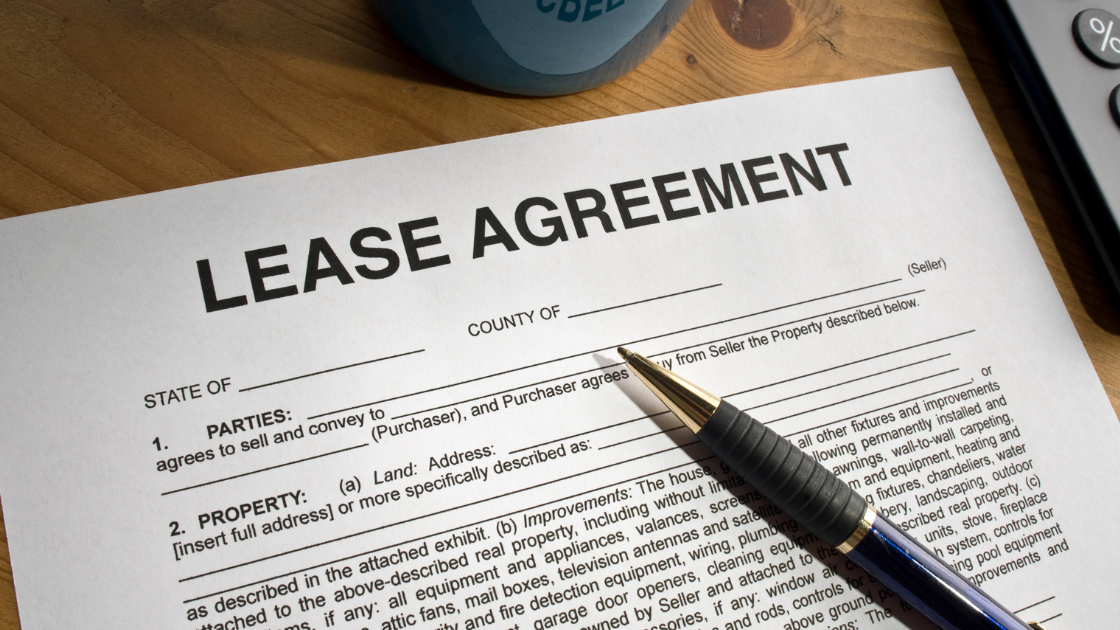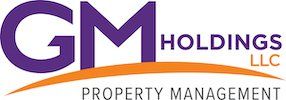How To Read An Apartment Lease Agreement

Signing a lease can be intimidating when you’ve never done it.
Don’t worry, though. We—your trusted team at GM Holdings—have got you covered.
Below, we’ll explain how to read an apartment lease agreement to ensure you sign one that works best for you.
Rental Lease Definition
A landlord and tenant sign a contract—a rental lease agreement—allowing the tenant to lease/rent the property for a defined time period and under specific conditions.
Tenants are usually referred to as lessees, and landlords are called lessors in rental lease agreements for condos and apartments.
Landlords and tenants have their obligations spelled out through a lease agreement, such as:
- Rules for lease termination.
- Property maintenance responsibilities.
- Property changes allowed by the landlord.
Lease agreements often include a rider—an additional agreement meant to specify terms not in the contract. A rider could be—for instance—something about the tenant being responsible for fixing HVAC issues and the landlord being on the hook for plumbing problems.
Monthly Rent Amount And Rent Term
When reading your lease agreement, the first two matters of business are your monthly rent amount and rent term.
Typically, lease agreements are for one year, but they can be for less or more, depending on the situation. Your monthly rent out should be clearly stated to eliminate any confusion.
Late charges might also be present in the lease agreement. This will stipulate whether you’ll be stuck paying a flat rate charge or if daily interest will accumulate if you can’t keep up with the rental due dates.
When monthly rent or lease terms are ambiguous, ask the landlords to clarify those terms and to put those clarifications in writing. Everything should be transparent to protect you from trickery, such as mid-lease rent increases. Leave nothing to interpretation.
Security Deposit
Landlords implement an upfront payment to protect their unit if a tenant leaves their property damaged or dilapidated when the lease is up.
The first and last month’s rent is often the cost of a security deposit. So, if your rent is $1,500 monthly, you’ll pay $3,000 as a security deposit. Learn
maximum deposit laws to ensure the landlord isn’t charging you too much.
Your lease agreement should clarify scenarios where the security deposit won’t be returned when your agreement is up. For instance, if the landlord needs to hire a carpet cleaner or repaint, they might hold onto your deposit.
There should be a specified deadline for the landlord to return your deposit. If it’s not initially on the lease, insist it is added to avoid any snafus.
Clear Payment Instructions
Generally, lease agreements state rent must be paid on the first of each month. Grace periods are offered by some landlords, though.
However, grace periods don’t eliminate late fees. Instead, they allow you to not be considered past due.
The lease should clarify when you’ll be stuck paying late fees. They’ll also establish how to pay your landlord each month.
Other Fees
Depending on the property type, you might be on the hook for any of the following fees (on top of your deposit, application fee, and monthly rent):
- Utilities.
- Parking fees.
- Admin fees for third-party billing services.
- Trash service fees.
- Notice fees.
- Rental tax fees (a percentage of monthly base rent).
All fees should be clarified with dollar amounts and frequency (e.g., recurring or flat).
Stipulations On Pets
Some landlords are okay with pets, others aren’t.
Landlords who are cool with you having a furry, four-legged roommate could charge an added pet fee, including a non-refundable deposit and monthly rent for your pet.
Your lease should clarify which pets are allowed in the unit. It should also state the number of pets allowed and the fees applied to each one.
When the lease says you can’t have a pet, sneaking in your cat or dog violates your terms. The same goes for adding more pets than is allowed in pet-friendly units.
Termination Deadlines
There will (or should) be an allotted time period you have to let your landlord know you’re moving before the end of the term.
Say you have a 90-day termination notice stipulation in your lease, but only let your landlord know you’re moving with 80 days left. In this instance, you could be stuck paying additional rent.
Many landlords are okay with tenants being month-to-month at the end of their term. However, getting this in writing is better than relying on words and handshakes. This way, you can’t be asked to leave out of the blue when your landlord finds someone new to rent long-term.
Maintenance Terms
Primarily, landlords are on the hook for major maintenance, repair, or replacement fees, such as appliances and systems failing due to wear and tear.
Leases should clearly state the following:
- The items your landlord is responsible for fixing and maintaining.
- The timeline in which repairs should be made.
There are laws stipulating your landlord keeping your property in liveable condition. For instance, in most states, it’s a violation for landlords to not fix air conditioners during the summer.
Clear instructions on how to report maintenance issues (and to whom) should be present in your lease agreement.
Final Considerations
Here are a few more components that should be present in your lease:
Your lease may allow you to sublet (or it may prohibit it). Be aware that you’ll be on the hook for any damage a subletter does to the unit if you go in this direction. You’ll also bear the financial brunt of missed rent payments.
You may need to end your lease early. This often necessitates advance notice and a flat fee that can’t be refunded. You may run into issues in slower rental markets. Fortunately, Philly’s rental landscape is thriving, so you might find landlords more amenable here.
Landlords usually draw up one lease with both names listed if you’re moving in with a roommate, meaning you share responsibility for paying rent on time and following other lease terms. Thus, you’re still on the hook if your friend doesn’t have the money for rent.
Eviction is another factor to consider but requires its own article. If you have any questions on eviction (or anything else discussed in this article),
contact GM Holdings today.





